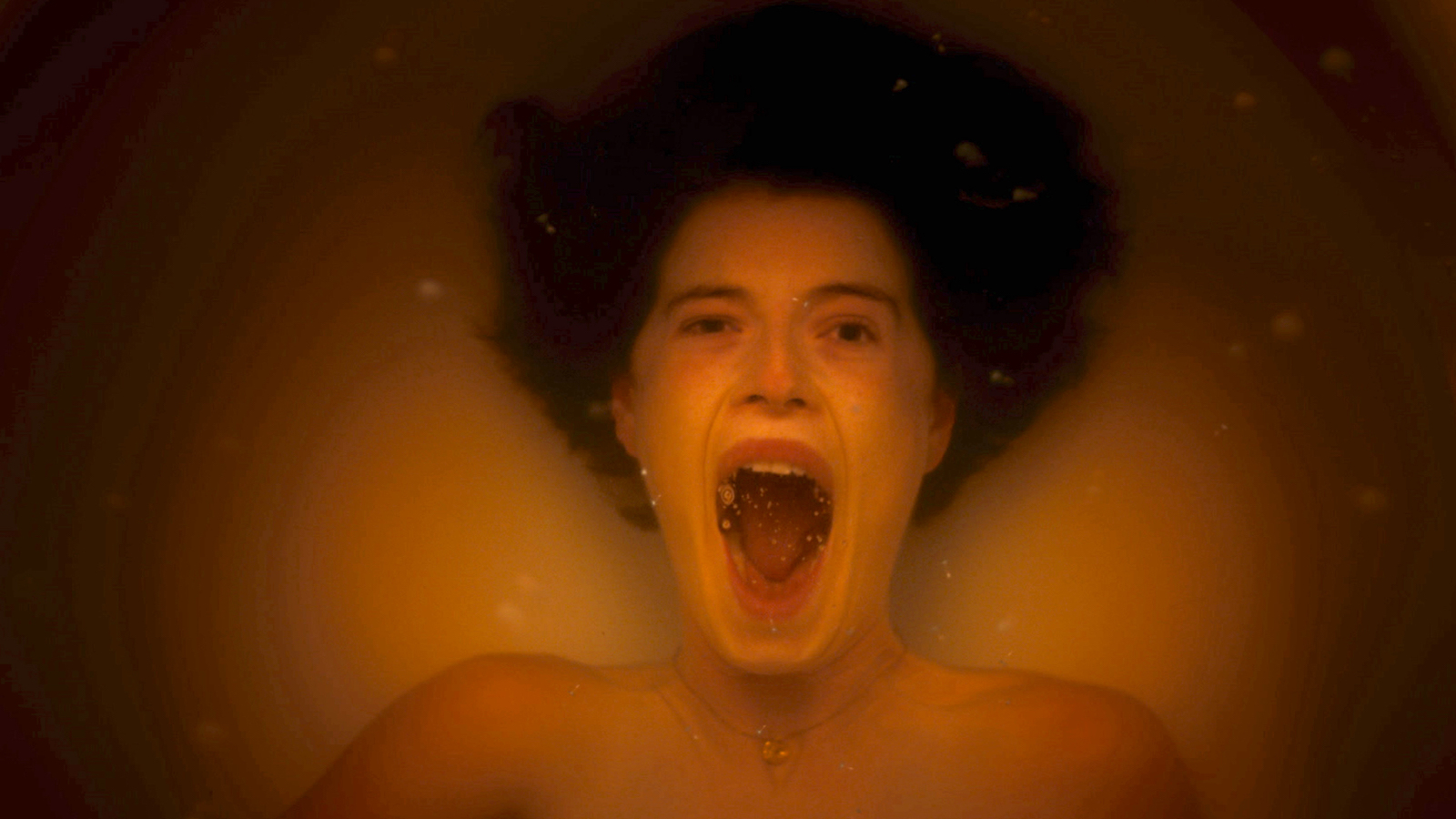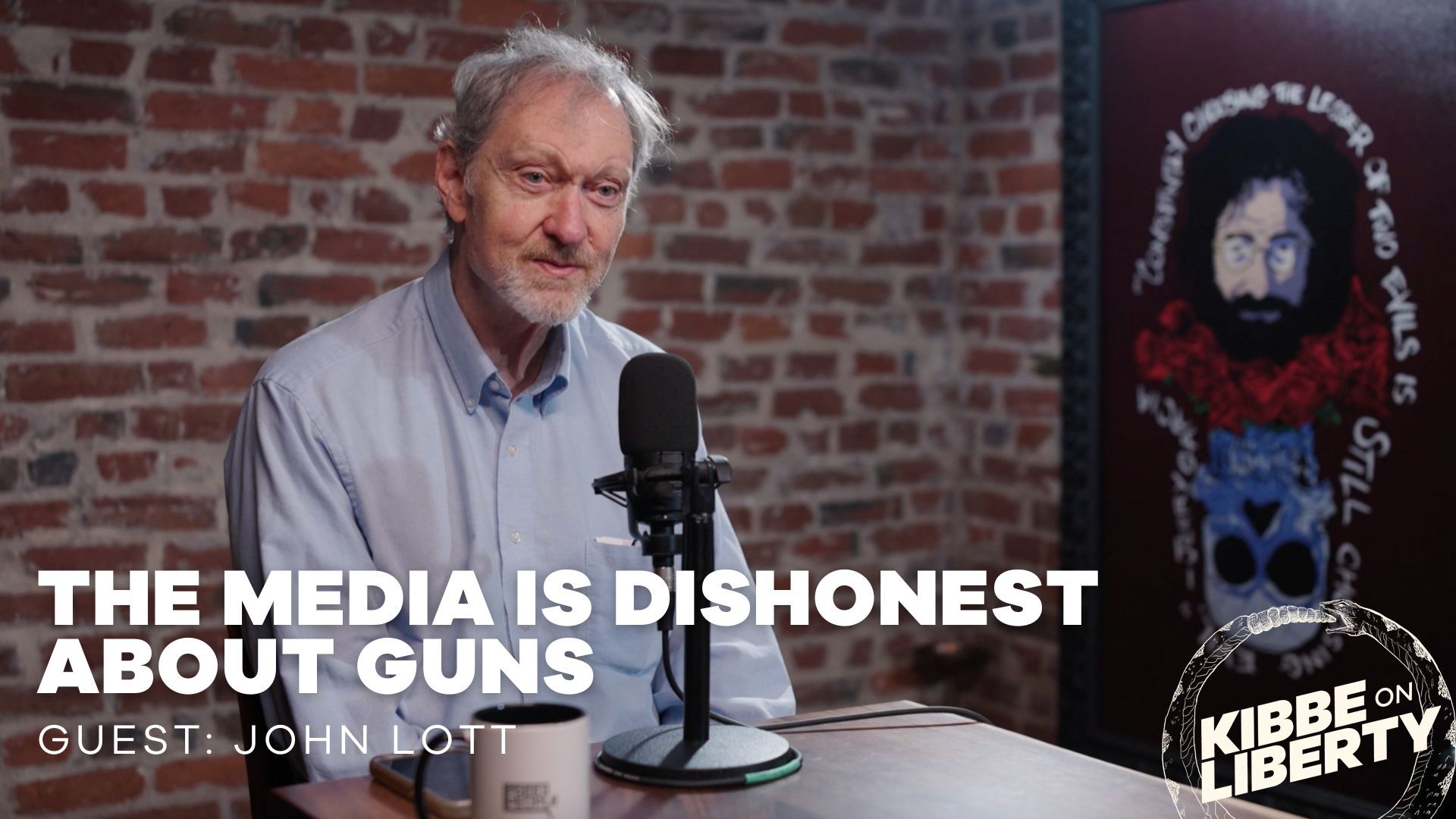
Keep Your Politics Out of My Horror Movies
Alex Gordon’s new horror film Men is a real tragedy, not because it’s bad, but because it’s too good to be wasted on a cheap and thoughtless leftist talking point. Gordon is not alone in falling prey to this tendency; it’s a disease that has afflicted most modern movies to the point that I can generally guess what year a film was made based on how overtly it attacks maleness, whiteness, or Americanness. It’s also a trend that is ruining what could otherwise be great art. But I’m getting ahead of myself. Let’s start at the beginning.
I consider myself something of a horror film fanatic. It’s by far the genre to which I devote the most attention, trying to see as many major releases as I can in theaters, even in an age when streaming is rapidly displacing the traditional movie-going experience. This goes double for films distributed by A24, the art house company responsible for some of the 21st century’s best scary offerings, including The Witch, Hereditary, and Midsommar. To date, I’ve seen every horror film that A24 has released, and while not all of them are successful, they always offer a refreshing contrast to the paint by numbers mishmash of tired remakes and sequels being churned out by Blumhouse and company. So naturally, I was stoked when I saw the trailer for Men, featuring great actors and stunning visuals. In short, I couldn’t wait to see it. Nor was I disappointed, at least not at first.
Jessie Buckley stars as Harper, a traumatized woman desperately seeking a relaxing escape to the English countryside after witnessing the suicide of her physically and emotionally abusive husband. To that end, she rents a charming house in a village four hours away from her home and her friends, presided over by a friendly, but somewhat awkward landlord played by Rory Kinnear (who also plays most of the other male characters in the film). Of course, it doesn’t take long for the tranquility of the country haven to turn menacing, as Harper is mysteriously pursued by a nude male figure while taking a walk in the woods. This is followed by a disturbing encounter with a hostile schoolboy at the church and a handsy vicar who blames Harper for her husband’s death.
During this entire setup period, I was practically giddy with excitement. It was like this film was tailor-made for my specific tastes. The combination of beauty and mysterious terror inherent in the deep, dark forest; the charmingly gothic English village complete with creepy church and equally creepy vicar; allusions to pagan spirituality; the slow-burn buildup of tension; an incredibly vibrant emerald-green color palate, the skillful use of sound and music to build tension (the scene in which Harper harmonizes with herself through an unrealistically echoing tunnel is a standout)—all of these are expertly executed and represent my very favorite things to see in any horror movie. Combine that with the stellar performances of Buckley and Kinnear, and I was certain that I was witnessing a modern classic, sure to enter my own library of 21st century horror masterpieces.
And then came the third act.
Other critics have pointed to the sudden collapse of the narrative in favor of what would seem to be a wholly abstract dream sequence without any real conclusion, and they are right to do so, but that’s not my beef with this film. I don’t mind ambiguity, I don’t even mind incoherence. I’m perfectly content to be left with questions at the end of a film, forcing me to draw my own conclusions rather than have the filmmaker serve them up to me on a tray. Indeed, if only that’s what Men had done, I would be a happy man. But instead of subtlety and nuance, we are given painfully on-the-nose symbolism that leaves no room to doubt what conclusion you’re supposed to walk away with.
Let’s be clear: I wasn’t born yesterday, and I could tell from the title of the film that I was in for a certain amount of misandry going in. But I still couldn’t help feeling bitterly disappointed by the simplistic, heavy-handed, and one dimensional political message the filmmakers seemed determined to bludgeon me with: that all men are the same, and that the very nature of masculinity itself inevitably leads to abusive and misogynistic behavior. The film is not subtle in its eagerness to make this reductive and rather offensive point. Not only are all the significant male roles (all of whom have disrespected or molested Harper in some way) played by the same actor, the last thirty minutes of the film features a surreal, hallucinatory sequence in which these characters grotesquely give birth to one another, beginning with the naked man in the forest and ending with the awkward landlord.
The symbolism here is clear: the child is the father of the man, and one form of toxic masculinity breeds another. However, I note that most of the critics have overlooked perhaps the most important point in the allegory. The naked man who follows Harper out of the forest is clearly intended to represent the Green Man, to whom an altar in the church is also dedicated. In pagan mythology, the Green Man is the spirit of the forest, and also an archetypical representation of the masculine principle, just as the Goddess of the Witches represents the feminine principle. The Green Man is not evil or malevolent, but rather mysterious and aloof. He is a hunter and the lord of animals, but he is also a great and wise leader, a protector. And while the wildness of his nature can at times be frightening, he can also be a powerful friend and ally. A big part of modern paganism is concerned with finding balance between masculine and feminine energy, both of which are necessary for the living of a full life in harmony with nature.
In Men, however, the Green Man is altogether sinister, not only harassing Harper on his own initiative, but literally giving birth to all the other men who cause her trouble in the village. The message seems to be that masculinity itself manifests first as the spoiled child (the schoolboy), then the lusty and carnal adolescent (the vicar), then the repressed and frustrated adult (the landlord) and finally the abusive husband.
I can only imagine the sort of backlash we would see if a filmmaker were to turn such a full-throated condemnation of the essence of an entire gender towards women instead, representing them as cheap stereotypes rather than three dimensional characters. Audiences and critics alike would be rightly outraged, but misandry remains pretty much the only politically acceptable form of sexism and bigotry. But here’s the thing, I’m not even mad about the message, although I strongly disagree with it. I’ve long since grown used to clumsy Jordan Peele-style allegories about how terrible white men are. Instead, what infuriates me is that politics has once again taken something beautiful, something I was on the verge of truly loving, and tainted it, making it difficult for me to enjoy. It seems that no one is interested in making art for art’s sake anymore. Everything must be a vehicle to educate the public about how naughty they are, and how guilty they must feel for where they were born, the color of their skin, or the shape of their genitalia.
I feel deeply conflicted about Men, because two-thirds of it represents some of the best and most appealing filmmaking I’ve seen in years, all of which is undermined by the last half hour. If people ask me whether I liked it or would recommend it, I honestly don’t know what to say, and I certainly couldn’t venture to give it a letter grade or a ranking out of five stars. Mostly, I just resent Alex Gordon for teasing me with something great and then snatching it away at the last minute, while simultaneously slapping me and all others of my gender in the face. Maybe I can watch it again and just pretend the ending doesn’t exist, but that’s far from an ideal way to enjoy a film. Personally, I watch horror movies for lots of reasons: to be entertained, to be scared, to be grossed out, but never to be lectured at. And while it’s certainly possible to make an effective political point using art, it generally requires a more sophisticated and textured take than simply “yes, all men.” Otherwise, you’re not making art at all, but propaganda.
Free the People publishes opinion-based articles from contributing writers. The opinions and ideas expressed do not always reflect the opinions and ideas that Free the People endorses. We believe in free speech, and in providing a platform for open dialogue. Feel free to leave a comment.




S C Savard
I want politics out of all of TV! Every time I watch something I have to fast forward through men kissing each other, women kissing each other, complaints and jokes about conservatives, and the F word constantly. Sick of it!!